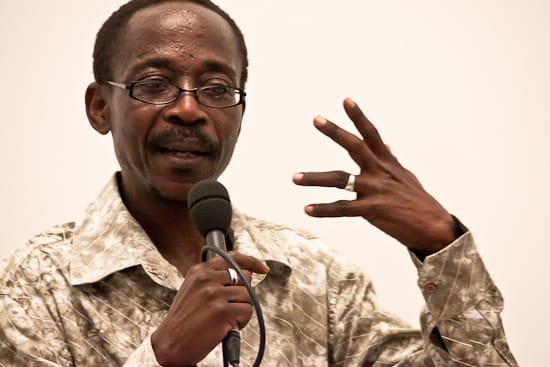Purple Hibiscus is set in the post-colonial Nigeria era during a period of political insanity. The book is enriched with many themes such as colonialism, coming of age, religion, and oppression which the people of Zimbabwe can relate to. The theme of violence is depicted in the first chapter when Jaja does not go for communion and Papa flings his missal across the room with the purpose of hitting him with it.
Papa’s reaction to this situation is violent as he does not take time to understand why Jaja had not gone for communion. This can be put in relation to many African parents, as they also do not take time to understand their children, especially teenagers but would rather blame social media for their behavior and attitude. This results in some parents being violent when the problem could be fixed by just taking time to have conversations with their children.
This situation also shows Papa’s tyranny over his family and how he was very controlling as communion is not a forced matter instead it is done willingly. The writer uses imagery to give an allusion of the altercation between Papa and Jaja which brings out the theme of violence and tyranny.
There is a theme of religion which is brought out by the contrast between Father Benedict and Father Amadi. Father Benedict is a white priest from England who conducts his masses according to European custom. Papa adheres to Father Benedict’s style, banishing every trace of his own Nigerian heritage. This can also be seen as an effect of colonialism as Papa is a product of colonialist education.
He is therefore brainwashed and compelled to act like the British. This can be put in relation to today’s generation. Due to education and globalization, many children have forgotten their culture and heritage replacing it with western cultures.
- West Prop turns lifestyle living into a profit-making venture
- Vungu Solar signs 25-year deal to deliver 30MW to national grid
- Invictus loses US$90m as Qatari deal collapses
- ECA, Morocco sign host agreement ahead of 2026 ministers’ conference
- ZimTrade to host annual conference next month
This has suppressed cultural innovation as many students and most schools do not uphold the African culture but they are rather more interested in becoming more and more like the western countries.
Chimamanda Ngozi also brings out an underlying theme of sexism at work. Mama miscarries multiple times as a result of the beatings she received from Papa when she miscarries Papa makes the children say special novenas for their mother’s forgiveness. Even though he is to blame, he insinuates it is Mama’s fault. This is very common in African households as women are often blamed for the abuse they go through just like Mama they are made to believe that whatever physical or emotional abuse they go through is a result of their actions. No one ever blames the perpetrators it’s the victim who is always accused.
In conclusion, the author uses many literally devices to bring out the themes of violence, oppression, abuse, and cultural erosion, which are problems that Africans are suffering from.
Patience Tshuma is a lower-six student studying arts subjects at Genesis High in Harare.
Be part of Intanga Book Reviews
0715450146














